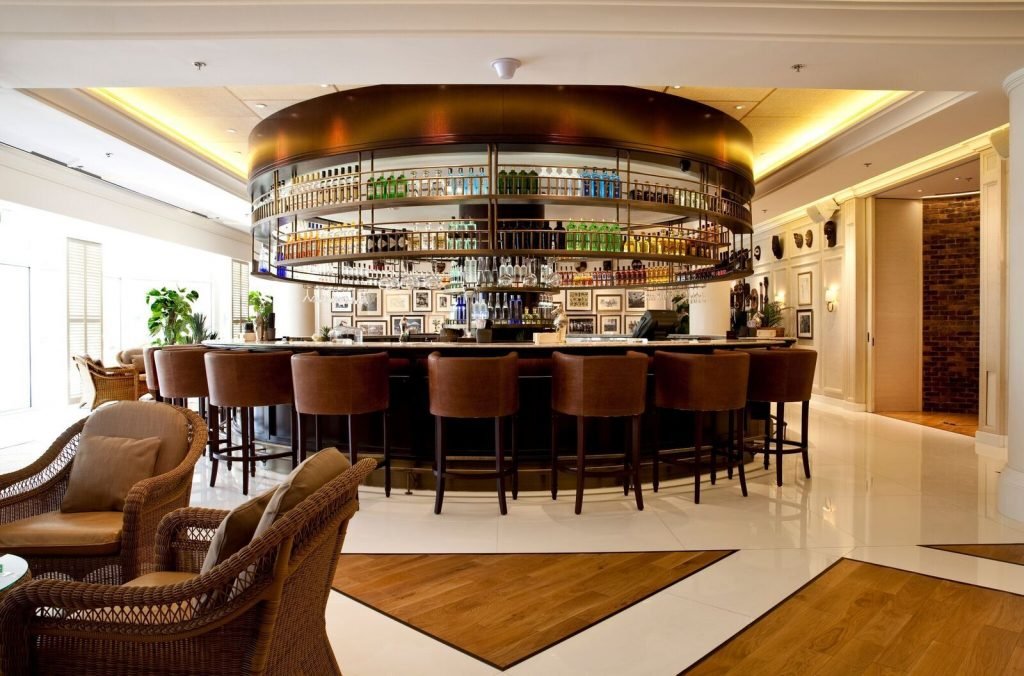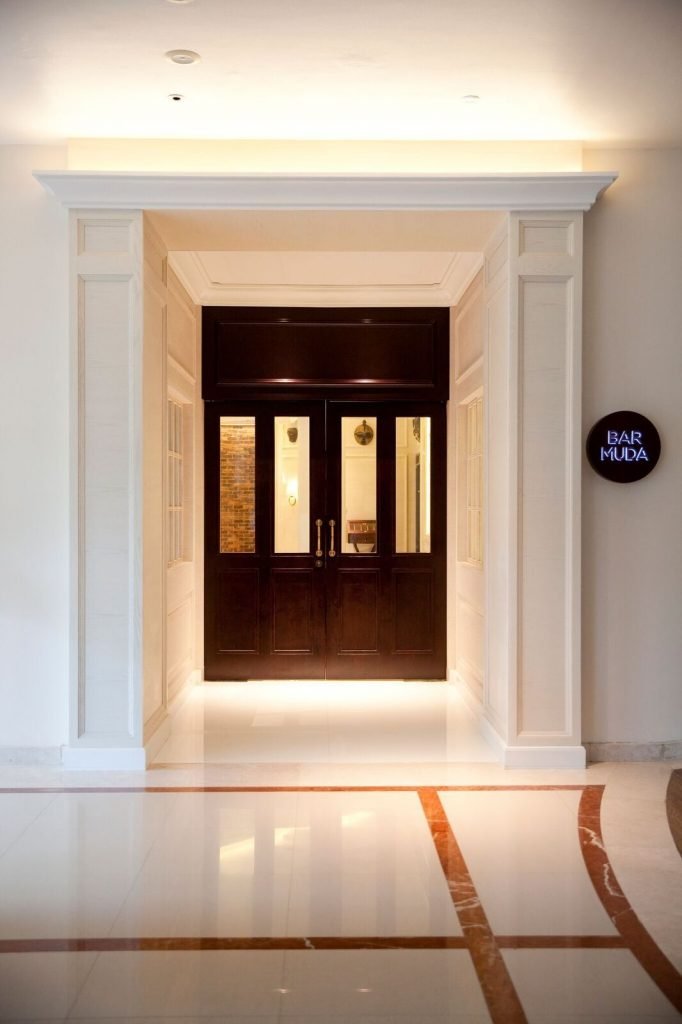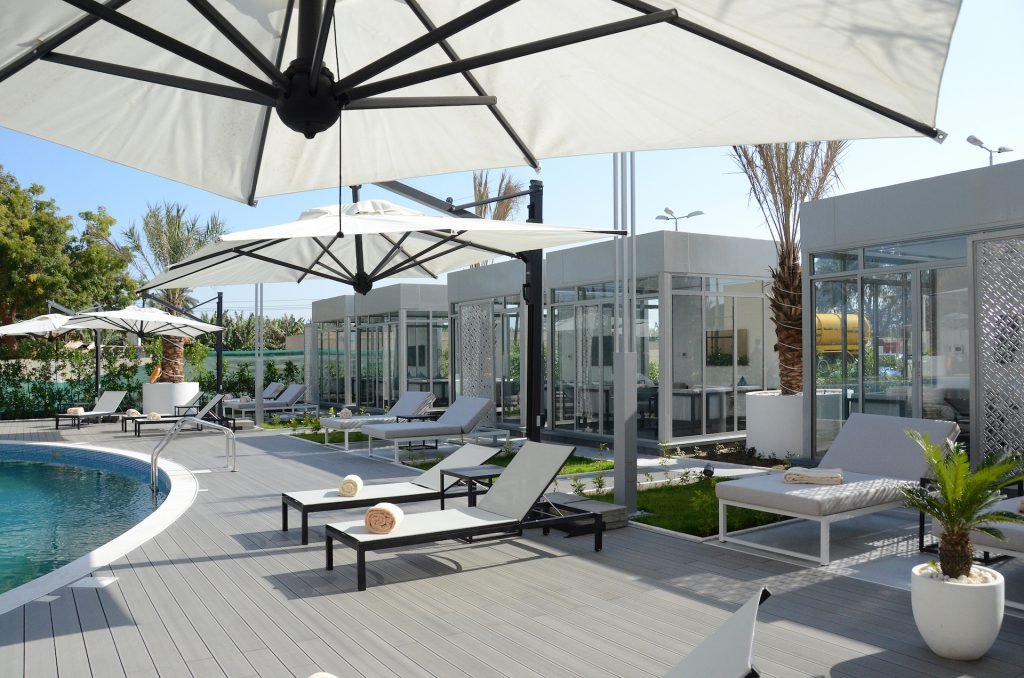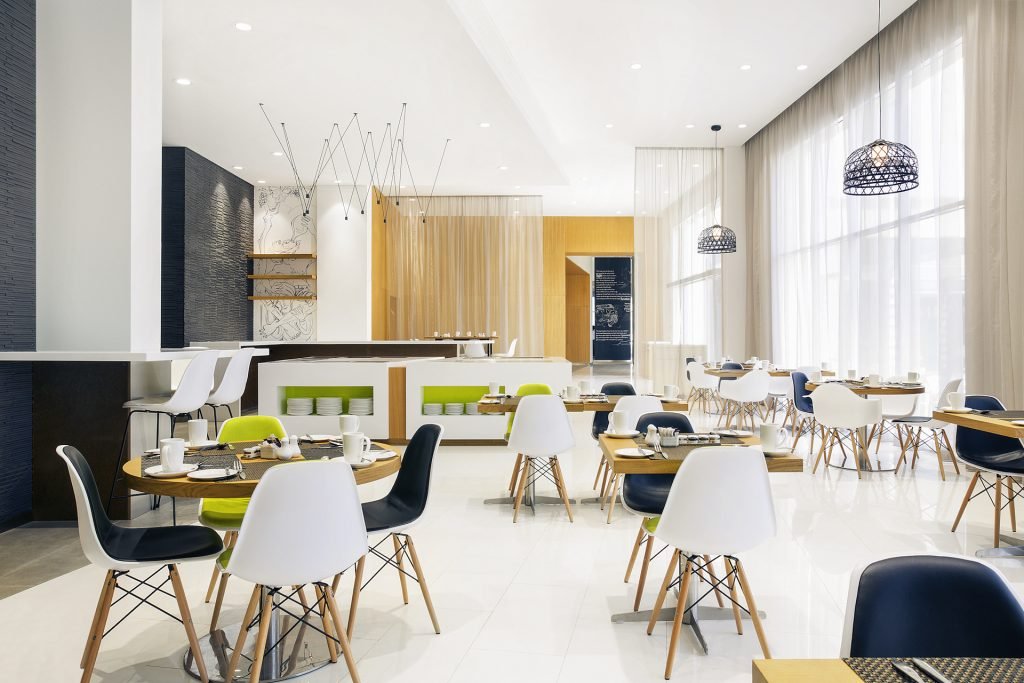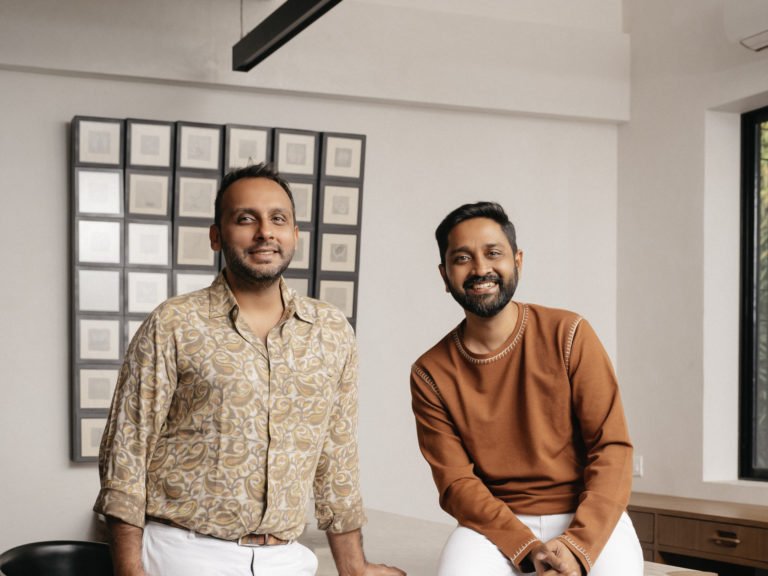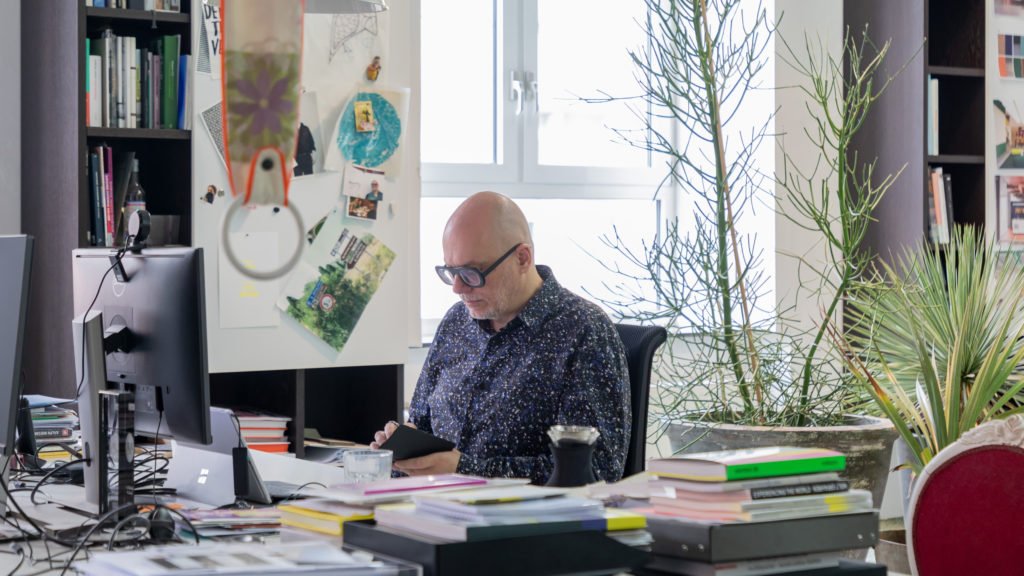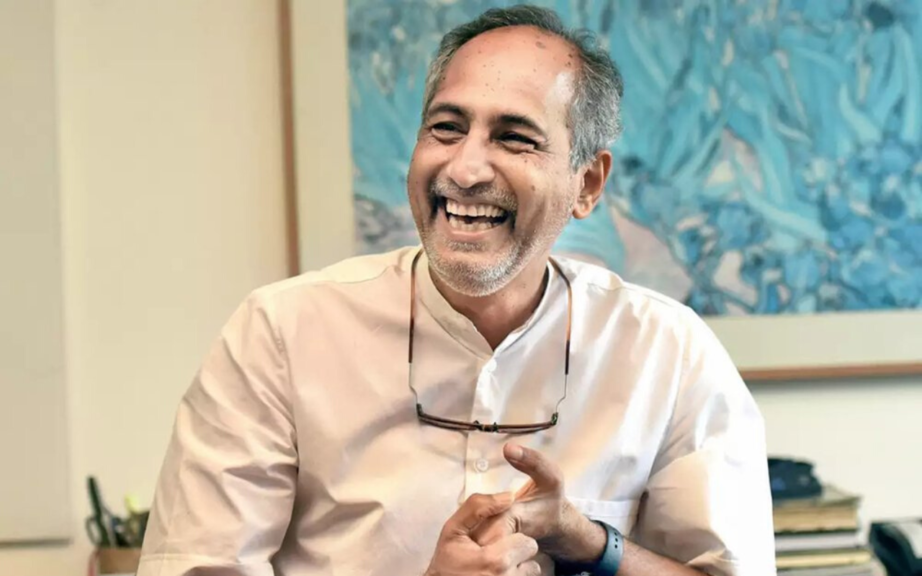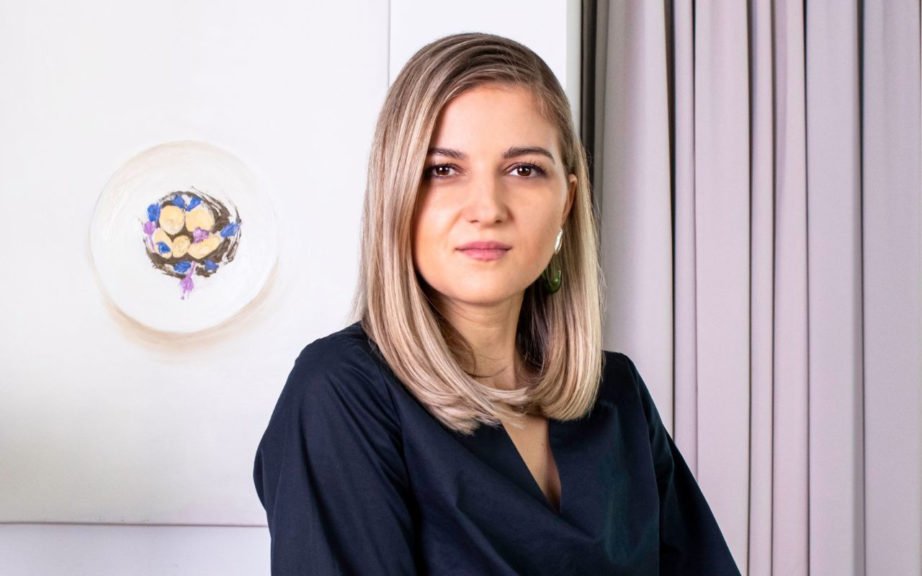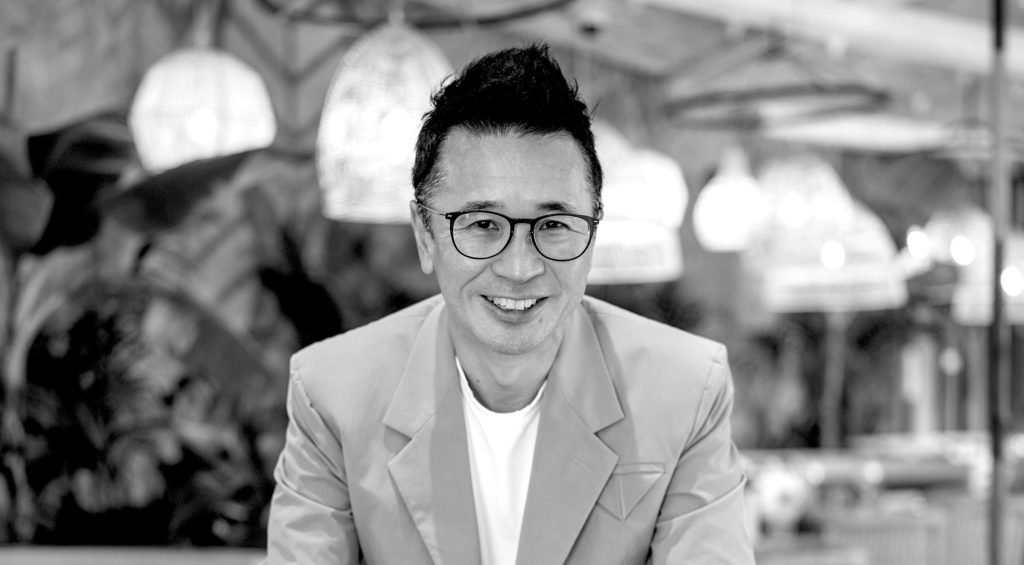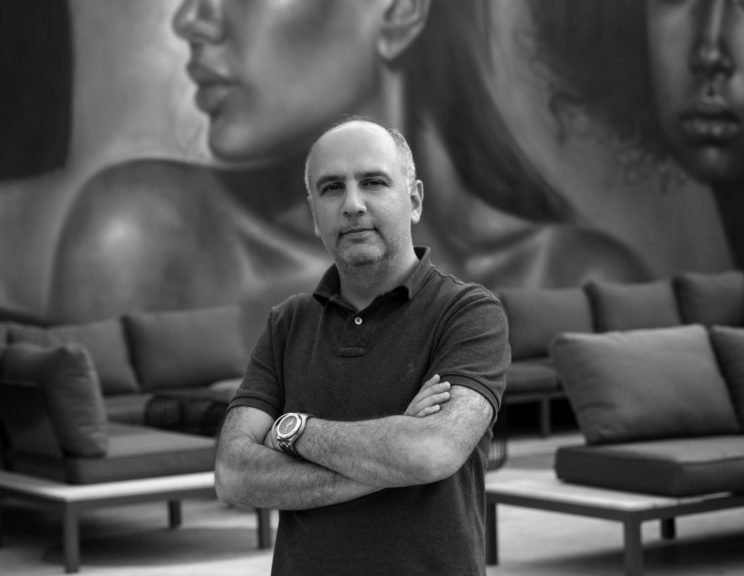As soon as you encounter Christian Merieau, Founding Partner at MMAC Design Associates, it quickly becomes apparent that he’s a wonderful host. He offers great company, stimulating conversation and has an inviting, warm personality – sought after qualities in an individual who’s clearly a people’s person. As a seasoned storyteller and natural leader, he infuses his ability to construct and translate a narrative into his holistic approach to the design process.
If there were two things he knew for sure, it’s that he was bad at school, and good at drawing. While he knew his passion lay in the fields of art and design, his path post-high school has been quite unconventional. He left school at 17 (was kicked out?), bagged a job washing dishes, and then moved on to bar tending. His parents eventually enrolled him in hospitality school hoping he would learn the skills necessary to run their hotel in Dijon, France. After a short stint in the United States, he moved back to Switzerland to join Samuel Creations where he would meet his mentor. And that’s where his career in design began.
“Instead of fearing the things you cannot control, focus your energy on what you can create and control.” – Christian Merieau, MMAC Associates
When I asked Christian about his first assignment under the guidance of his mentor, the answer was a seemingly unexciting one. “All I did was draw straight lines for hours on end. Sometimes, it felt like days would go by.” The answer is, in fact, an insight into his creative process; his early years were focused on honing an appreciation of and dedication to the art of design. Having worked alongside the artists responsible for restoring châteaux in Versailles or the ones belonging to the Louvre, he’s developed a clear sense of respect and humility for the craft.
Prior to his entry to Dubai in 2005 as the Managing Director of Samuel Creations, Christian managed his own firm in Geneva for four years, designing private homes and office spaces. Notably, he was commissioned to re-think working environments for the International Labor Organization. After nearly 20 years with Samuel Creations, Christian decided to co-found with Anil Mangalat a boutique interior design consultancy in Dubai specialized in luxury hospitality design. And that’s how MMAC Design Associates was born. It was an absolute delight to chat with this spirited soul about life before Dubai, his thoughts on the ever evolving design industry, and what he’s excited about.


